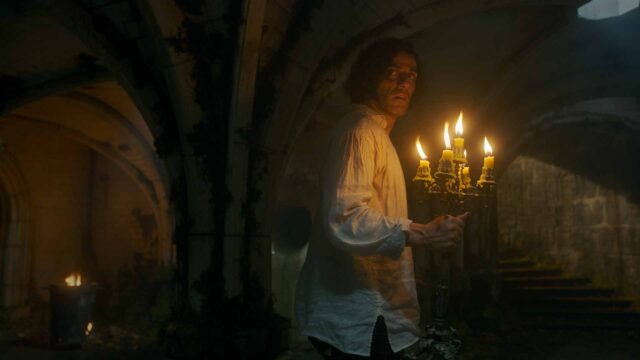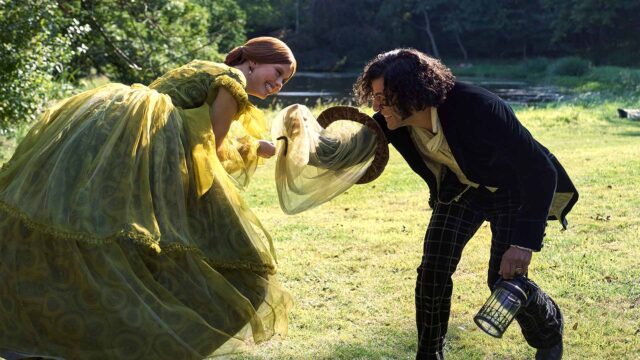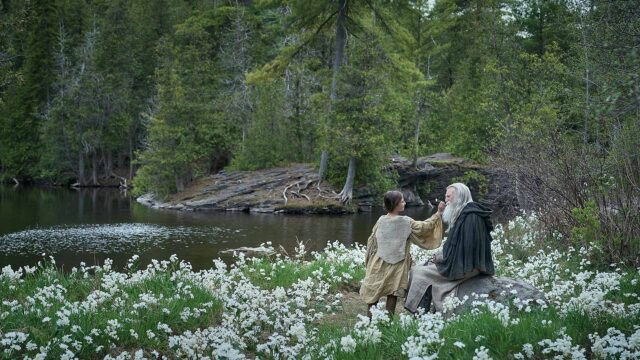If you’ve been dying to know how Guillermo del Toro stitched his dream project together, you’re in the right laboratory. Below, we’re breaking open the vault with a roundup of behind-the-scenes photos from the making of Frankenstein — plus the most fascinating facts about how this epic, hand-crafted monster came to life. From abandoned water towers turned into laboratories to Jacob Elordi’s 42-piece prosthetic masterpiece, here’s everything you didn’t see on screen.

1. Del Toro has been working on Frankenstein for over a decade.
He calls Mary Shelley’s novel his “Bible” and says he’s “lived with her creation” his entire life.
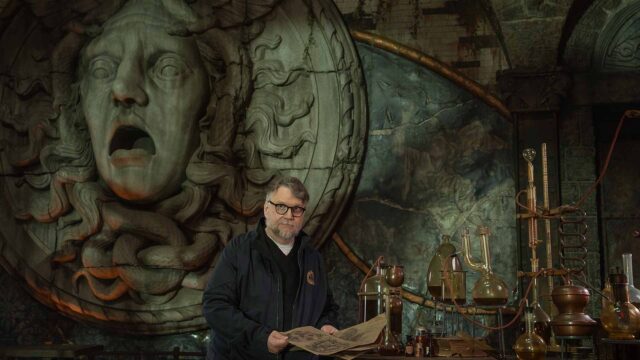
2. The laboratory was built inside an abandoned water tower.
Production designer Tamara Deverell transformed a massive, multi-story tower into Victor’s lab — complete with marble floors, a custom spiral staircase, and a giant circular window. Circles appear everywhere as del Toro’s “ouroboros” motif.
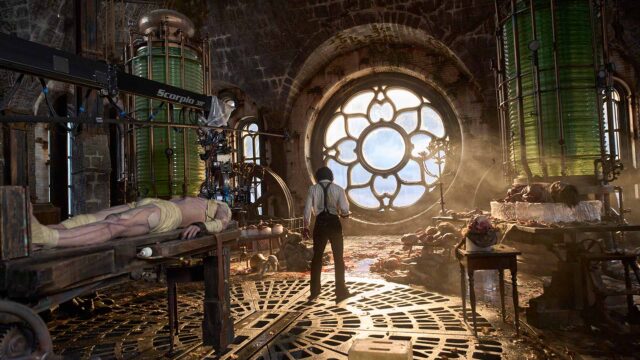
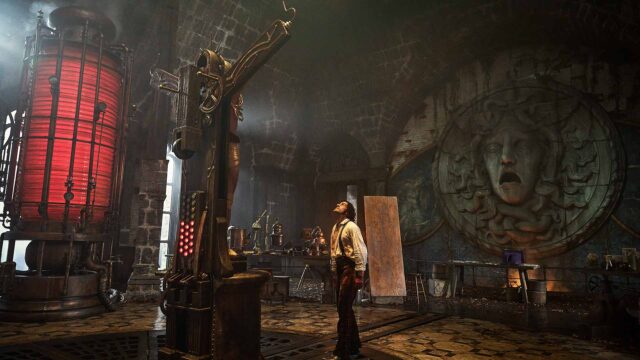
3. It took five months just to design the lab.
Deverell used 3D models to refine every stone, tile, and shade of green, settling on a sickly patina meant to signal elegant decay.
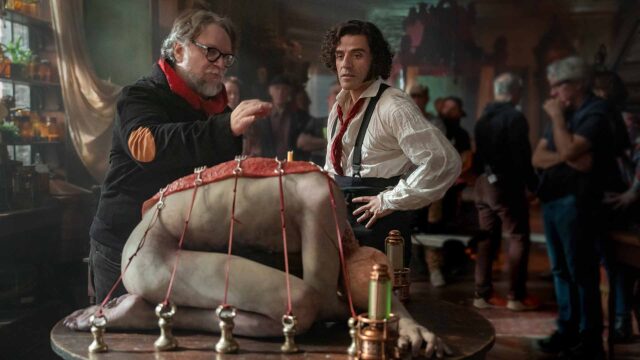
4. Set during the Crimean War, the film leans into class tensions and wartime exploitation.
Victor’s experiments are funded by a wealthy patron (Christoph Waltz) profiting off the suffering of others.
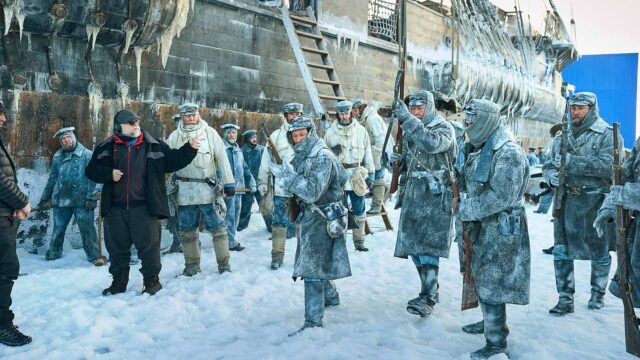
5. Del Toro didn’t want it to look like a dusty period piece.
He reminded his team: When Mary Shelley wrote it, it wasn’t historical — it was modern.
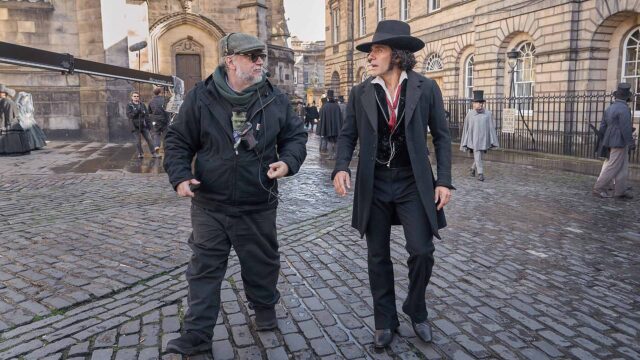
6. The Creature’s movement was partially inspired by Jacob Elordi’s golden retriever.
Elordi studied his dog’s innocence and physicality to shape the Creature’s emotional softness.
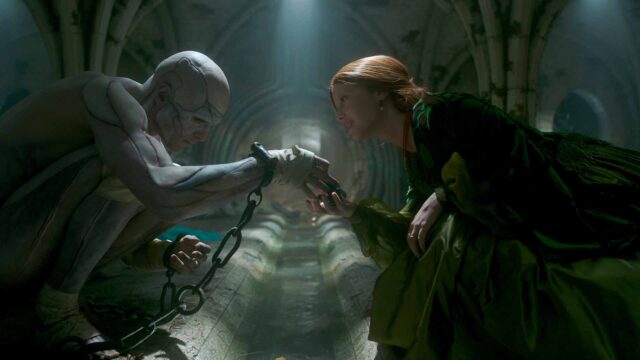
7. Jacob Elordi wore 42 individual prosthetic pieces to become the Creature.
The design draws from marble statues and Crimean War corpses — a “beautiful monster” built from battlefield casualties.
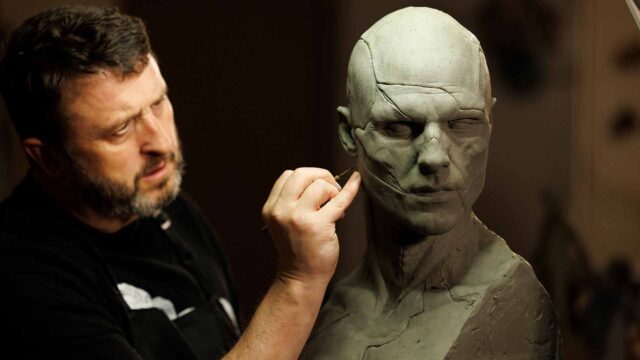
8. The Creature is literally a resurrected soldier from a mass grave.
Del Toro insisted the makeup reflect both horror and beauty — “Victor is not a butcher. He’s trying to make the perfect man.”
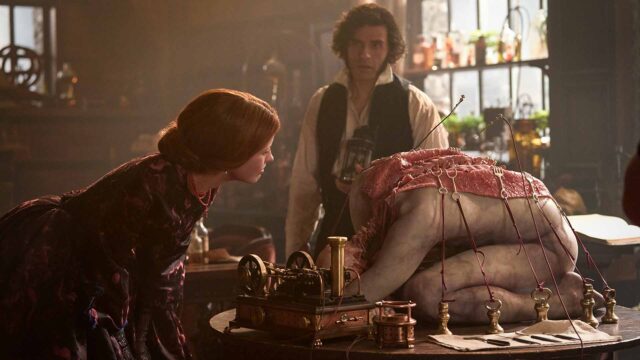
9. Mia Goth plays two characters — and their wardrobes tell you who’s who.
She’s Victor’s mother (in deep reds) and Elizabeth (in botanical greens), visually rooted in life, death, and devotion.
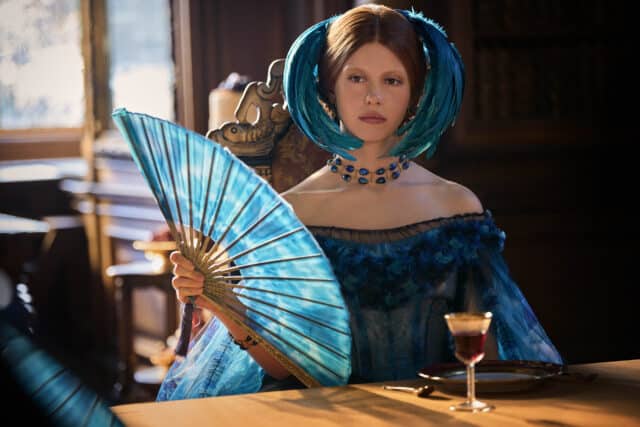
10. Victor Frankenstein’s look includes punk-dandy plaid pants and red gloves.
Costume designer Kate Hawley gave him a rebellious rock-star flair to avoid “fusty” period accuracy.

11. Del Toro had the film edited daily during production.
He arrives early each morning to cut yesterday’s footage — a process his editor calls “lying, cheating, and stealing” at its finest.
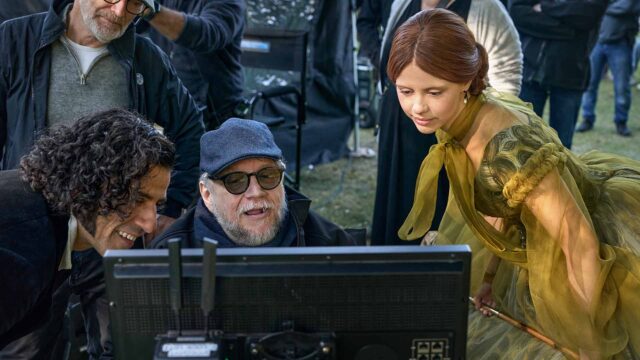
12. For lighting, they blasted huge gels from outside the sets.
This created the signature steely blues and amber tones without interfering with actor movement.
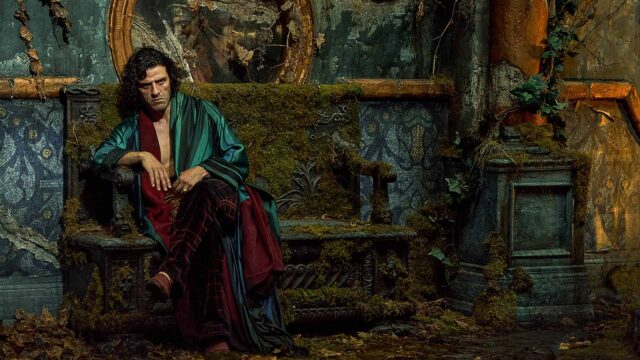
13. Del Toro’s Frankenstein and Pinocchio are spiritual siblings.
He made them back-to-back while grieving his parents, saying both stories confront the question: Who am I without those who made me?
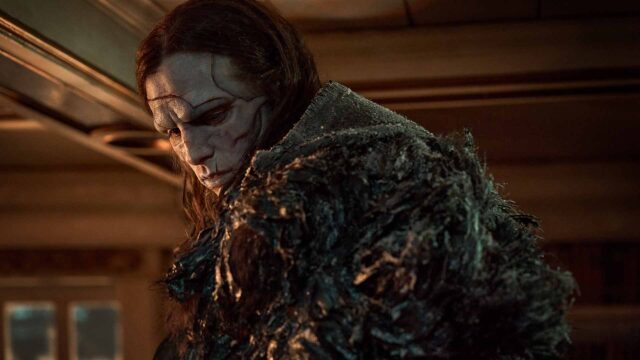
14. The Creature’s first steps mirrored Elordi’s real life.
He said he was “rebuilding” himself as a person when filming began — just like the newborn Creature.
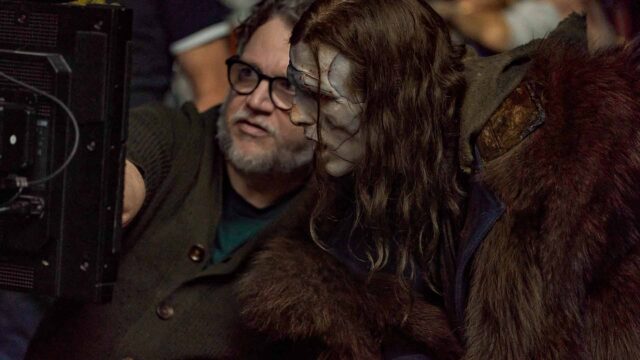
15. The entire crew traveled for hours just to find the perfect room.
Most sets are handmade and paired with real European locations, including Wilton House, also used in Kubrick’s Barry Lyndon.
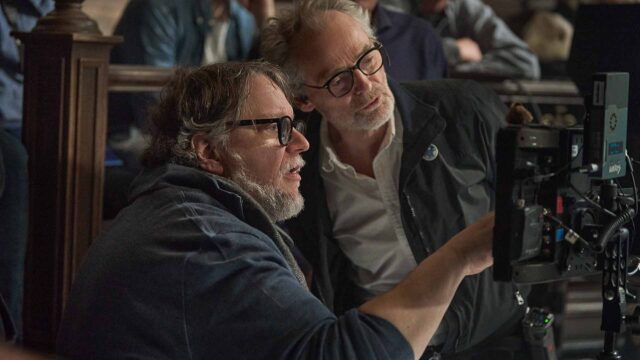
16. The score mixes choir, orchestra, church organs, Norwegian violin, and electronics.
Composer Alexandre Desplat calls working with del Toro “directing an opera from inside the film.”
